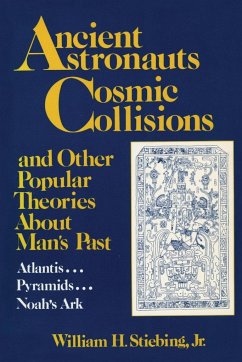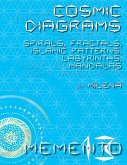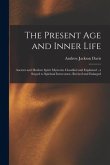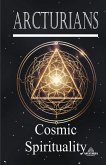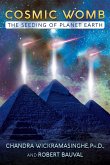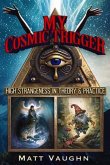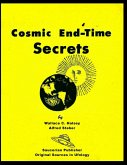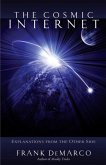Controversial archaeological and astronomical "discoveries" have been the subject of countless news stories, best-selling books, movies, and television programs. Promoted (but seldom critically evaluated) are the theories that markings in the desert of Peru are the remains of an ancient airfield used by space visitors, that the Great Pyramid of Giza in Egypt exhibits advanced technology unknown to the ancient Egyptians, and that there were near-collisions between planets of our solar system in historical times.This book critically evaluates many of these popular hypotheses about man's early history. It presents the most important evidence and arguments for and against theories of a universal flood, the lost continent of Atlantis, mysterious pyramid powers, pre-Columbian voyages to America by ancient Egyptians and Phoenicians, and Velikovsky's cosmic catastrophism.Professor Stiebing stresses the need for careful and objective analysis of the "evidence" used to support radical reconstructions of the past. The book discusses radio-carbon dating, archaeological stratigraphy, textual interpretation, and epigraphy as well as emphasis on the proper use of data provided by geology, astronomy and other sciences. It is written in non-technical language and will appeal to a wide audience.
Hinweis: Dieser Artikel kann nur an eine deutsche Lieferadresse ausgeliefert werden.
Hinweis: Dieser Artikel kann nur an eine deutsche Lieferadresse ausgeliefert werden.

